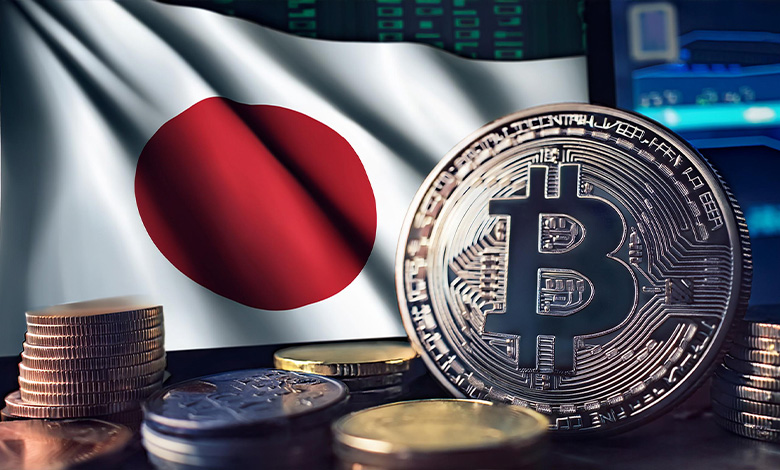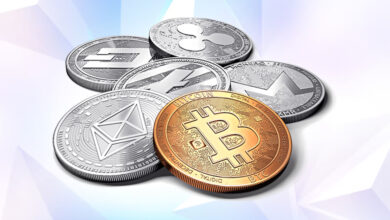Sony Joins Japan’s Blockchain Surge Amid Calls for Looser Crypto Regulations

Entertainment giant Sony Group Corp. has joined a growing number of Japanese companies exploring blockchain technology, according to Bloomberg. Sony recently introduced a new digital ledger called Soneium, aiming to inspire developers to create applications that could enhance the company’s offerings. While the specifics are still under development, the integration of Soneium with gaming, music, and movies could open up new opportunities.
Japanese firms such as Nippon Telegraph & Telephone Corp., Toyota Motor Corp., and Mitsubishi UFJ Financial Group Inc. are also delving into various blockchain initiatives. Mitsubishi UFJ, Japan’s largest bank, is investigating the issuance of stablecoins.
The challenge for the Japanese government is whether to respond to the crypto industry’s calls for less restrictive regulations to lower costs and foster growth. Under Prime Minister Fumio Kishida, there was a push to ease the listing of digital tokens on crypto exchanges as part of his web3 agenda—a vision for a blockchain-based internet.
However, with Kishida’s term nearing its end, it’s uncertain if his successors will continue to support web3 or advocate for further regulatory changes. Industry participants are particularly concerned about the high tax rates on crypto gains, which can reach up to 55%, compared to 20% on traditional investments.
Angela Ang, a senior policy adviser at blockchain intelligence firm TRM Labs, noted, “It will always take time for regulators to get comfortable with new business models and success will require a long-term investment of time and resources.” She also highlighted the “increasingly innovation-forward tone” from Japanese officials, which partly explains why companies like Sony are experimenting with digital ledgers.
Japan has introduced stablecoin regulations in 2023 and established a framework for crypto exchanges. These stringent regulations aim to protect investors and reflect lessons from past crypto collapses, such as the 2014 hack of Tokyo-based Mt. Gox and the recent $301 million breach at DMM Bitcoin.
In 2023, Singapore-based crypto lender Amber Group sold its digital-asset trading platform in Japan to a Sony unit. Amber’s Managing Partner Annabelle Huang remarked that while Japan is a “very high-quality market,” its regulations are notably strict.
Despite these challenges, trading activity at Japanese digital-asset exchanges is rebounding, with average monthly volumes nearing $10 billion, up from $6.2 billion in 2023, according to CCData.
For Sony, the blockchain sector offers insights into potential applications for Soneium. Some startups are exploring the trading of in-game assets, while others are looking into new methods for copyrighting and monetizing artistic work. The long-term future of digital-ledger applications remains debated.
Jun Watanabe, chairman of Sony Block Solutions Labs, which is developing Soneium, expressed optimism: “We believe that entertainment-related businesses operating on a web3 platform will continue to expand in the future,.
The rigorous regulatory stance in Japan was underscored by the aftermath of the global FTX collapse. Early last year, Japan’s FTX subsidiary became the first to resume customer withdrawals.
As Fernando Luis Vázquez Cao, CEO of SBI Digital Asset Holdings, put it, “Japan is crypto-friendly, but it’s not crypto-easy.”





